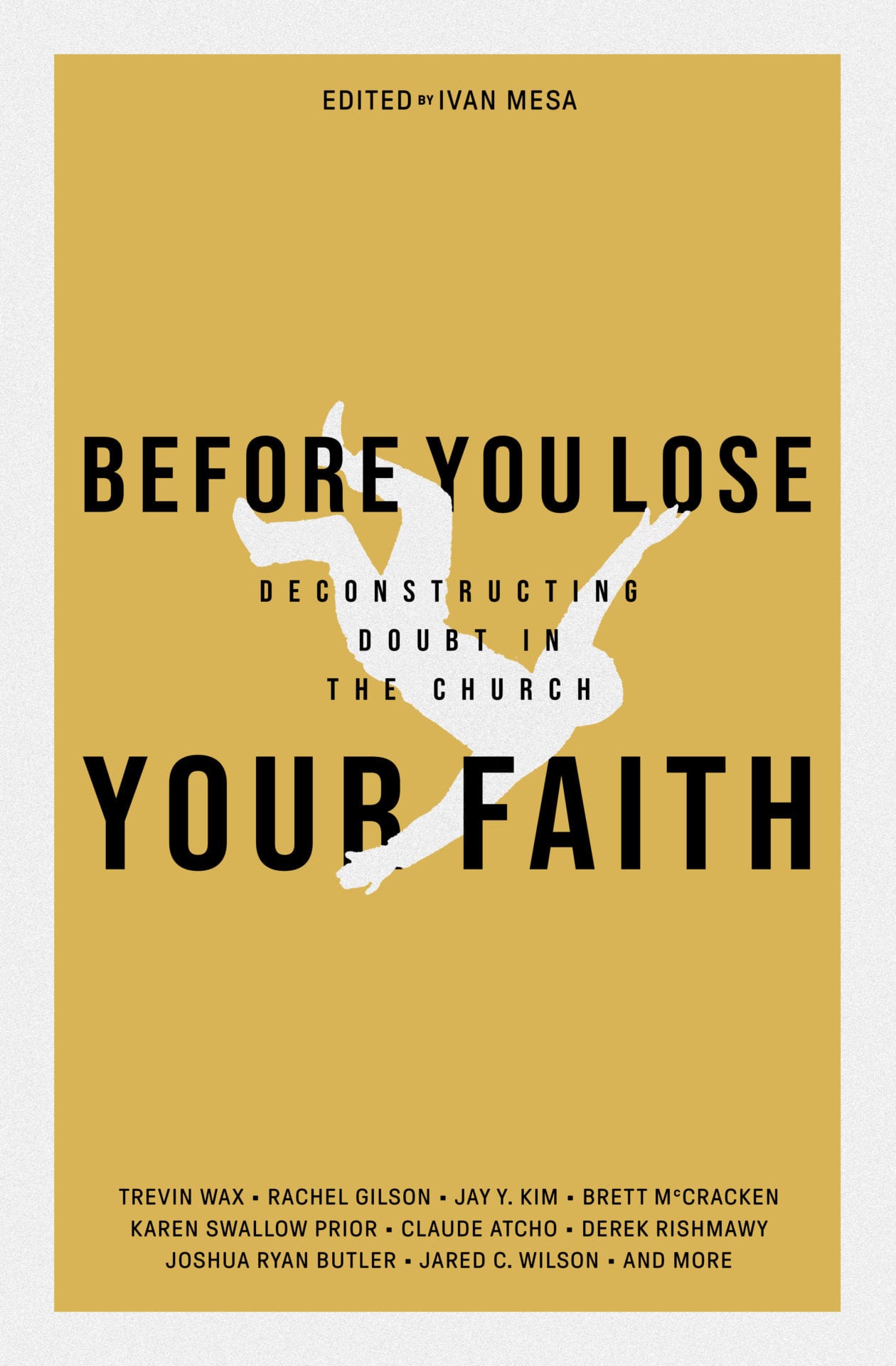This excerpt is taken from Sam Storms’ new book, Tough Topics 2: Biblical Answers to 25 Challengings Questions (Christian Focus, 2015).
In the Barna Group’s 2015 study on the state of atheism in America, one in four unchurched adults in the country now identifies as atheist or agnostic. But do honest atheists actually exist? There are, undoubtedly, many who claim to be atheists. They insist, often loudly and angrily, that there is no God and that religion is the cause of virtually all human pain and suffering. The only ultimate reality, so they say, is matter. Physical substance, whether helium or hormones, whether water or fire, is all there is. Everything can be explained or accounted for in terms of the existence and interaction of material substance of one sort or another. There is no spiritual realm, no angels, no immaterial soul, and above all, there is no “god” or supernatural being of any sort.
But again, do honest atheists exist? Many profess to be atheists, but my question is whether or not these people, in the depth and quiet of their own hearts, honestly believe there is no God.
Sense of Deity
I contend they do not. I contend that they are living and speaking in denial of what they know to be true. I contend that they are laboring to persuade themselves of what is indelibly and inescapably inscribed on their hearts: that there is a God and that they are morally accountable to him.
No one has made the case for the non-existence of honest atheists with greater clarity and force than John Calvin in his Institutes. “There is within the human mind,” Calvin wrote, “and indeed by natural instinct, an awareness of divinity. . . . To prevent anyone from taking refuge in the pretense of ignorance, God himself has implanted in all men a certain understanding of his divine majesty.”
All mankind, Calvin says, “perceive that there is a God and that he is their Maker.” There is “no nation so barbarous, no people so savage, that they have not a deep-seated conviction that there is a God.” While they may verbally deny his existence and develop elaborate philosophical arguments to buttress their case, none is persuaded by his own reasoning. A “sense of deity,” he insists, is “inscribed in the hearts of all.”
This sense or awareness of divinity that can never be effaced “is engraved upon men’s minds” and “is naturally born in all” and “is fixed deep within, as it were in the very marrow.” Although many “strive with every nerve” to suppress this truth, “it is not a doctrine that must first be learned in school” but one of which “each of us is master from his mother’s womb and which nature itself permits no one to forget.”
This inescapable “knowledge” of God, however, is not redemptive. That is to say, we must differentiate between awareness of God’s existence and enjoyment of it. It is one thing to acknowledge that God exists. It is another to repent and seek him and cast oneself in humble dependence upon his grace and receive by faith his gift of life in Christ Jesus. To use the words of Paul, “although they knew God, they did not honor him as God or give thanks to him” but “became futile in their thinking” and “exchanged the glory of the immortal God for images resembling mortal man and birds and animals and creeping things” (Rom. 1:21-22). They cannot escape “the truth about God,” so they exchange it “for a lie” and worship and serve “the creature rather than the Creator” (Rom. 1:25).
Conscience and Creation
But how do we know that all men know there is a God? Calvin points us in two directions. Not only has God “sowed in men’s minds that seed of religion,” what we often refer to as conscience, but he has also “revealed himself and daily discloses himself in the whole workmanship of the universe. As a consequence, men cannot open their eyes without being compelled to see him.” Upon all his works in the natural order of creation “he has engraved unmistakable marks of his glory, so clear and so prominent that even unlettered and stupid folk cannot plead the excuse of ignorance.”
Again, “wherever you cast your eyes, there is no spot in the universe wherein you cannot discern at least some sparks of his glory. You cannot in one glance survey this most vast and beautiful system of the universe, in its wide expanse, without being completely overwhelmed by the boundless force of its brightness.” Whether in astronomy or anatomy or botany or the power of lightning, wind, and storm, God has made himself known. Whether in his providence over nations or his lordship over creation or his sovereign sway over the lives of men, the glory and majesty of God shine forth.
Although such knowledge is inescapable, in itself it does not impart eternal life or the forgiveness of sins. God’s existence and eternal power and divine nature are made “plain” to all men, rendering them “without excuse” (Rom. 1:20). But we do not have “eyes” to behold his saving splendor “unless they be illumined by the inner revelation of God through faith.”
Fault Is Ours
The failure to acknowledge God is not a problem with what God has revealed. There is no shortcoming or defect in his handiwork. The failure is in us. The dullness and stupidity and delusion are wholly ours. The problem isn’t that mankind lacks sufficient evidence for the existence of God or that the evidence suffers from lack of clarity or beauty or falls short in its persuasive power.
The problem is that mankind, apart from Christ and his regenerating grace, despises what he sees. The problem is that we hate what we know. The problem isn’t that men look upon creation or contemplate the conviction of their own conscience and turn away saying, “It’s not enough; proof is lacking; it doesn’t add up; God doesn’t exist.” The problem is that they willfully, selfishly, and knowingly loathe the God whom they see and know to exist and would rather indulge their own fleshly lusts and worship their own souls than honor and give thanks to the God of glory (Rom. 1:21-25).
Many scoff at the notion of God and formulate their arguments to “prove” he does not exist. Perhaps there are even some who from years of willful rebellion and self-induced hardening of heart have anesthetized their souls to God’s powerful presence. Perhaps there are some whom God has simply “given over” (Rom. 1:24, 26, 28) to the deeper cultivation of their self-delusion, some who have degenerated to such a degree that they’ve rendered themselves impervious to the clearest and most persuasive of evidence. But in any and every case, they are still “without excuse” (Rom. 1:20).
The plea of ignorance will not suffice at the final bar of judgment.
Free Book by TGC: ‘Before You Lose Your Faith’
 Many young people are walking away from Christianity—for reasons ranging from the church’s stance on sexual morality, to its approach to science and the Bible, to its perceived silence on racial justice.
Many young people are walking away from Christianity—for reasons ranging from the church’s stance on sexual morality, to its approach to science and the Bible, to its perceived silence on racial justice.
TGC’s book Before You Lose Your Faith: Deconstructing Doubt in the Church is an infusion of hope, clarity, and wisdom in an age of mounting cynicism toward Christianity.
For anyone entering college or the workplace and looking for a timely reminder of why Christianity is good news in a skeptical age, make sure to get your FREE ebook Before You Lose Your Faith today!


































